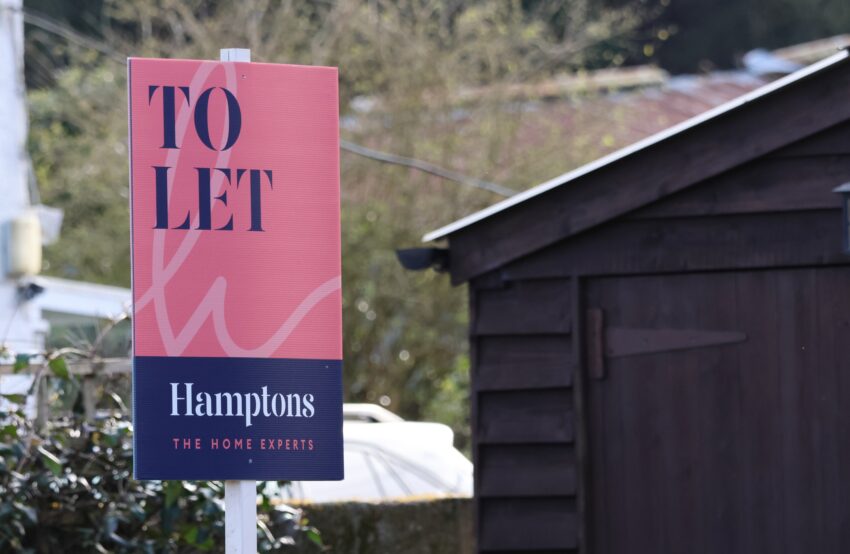Landlords will be banned from renting out properties that fail to meet minimum energy efficiency standards by 2030, according to Ed Miliband, Labour’s energy secretary, who will announce the policy at the Labour Party conference on Monday.
Under the proposed legislation, all rented homes must achieve at least a grade C on their Energy Performance Certificate (EPC), a move set to affect millions of privately rented properties. Landlords could face costs of up to £10,000 per property on upgrades such as insulation, solar panels, or heat pumps to meet the new standards.
Originally, the Conservatives intended to put similar measures into effect by 2028, but the deadline was eliminated under the leadership of former Prime Minister Rishi Sunak due to the financial strain on landlords. The Labour party has restored the policy with an additional two years allowed for compliance. However, this is anticipated to rekindle conflicts with property owners, as the expected costs are around £25 billion.
“Miliband is anticipated to state, ‘It’s a well-known fact that our country’s poorest individuals frequently reside in cold, draughty houses. This is a disgraceful act by the Tories. This government will not stand for such injustice and we are committed to eradicating it.'”
The new rules will also be implemented in council housing, mandating local authorities to improve their housing inventory – an action that might involve considerable public spending. Sources from Labour suggest they are ready to face possible resistance to attain their environmental goals.
The declaration accompanies Labour’s promise to abolish no-fault evictions and implement a variety of pro-tenant changes. Housing advocates have applauded these actions, but they have also caused landlords to question the feasibility of staying in the rental market.
A consultation is anticipated later this year, likely including a cap on the amount landlords must spend on property upgrades, expected to be around £10,000—consistent with previous proposals. Landlords will be eligible for assistance from Labour’s £6 billion home insulation package, although specific support details have yet to be outlined.
Around 2.9 million privately rented residences currently possess energy efficiency ratings that fall below grade C. Even though there have been enhancements in recent years, roughly half of the energy evaluations carried out on rental properties last year failed to achieve the proposed standard.
Former Housing Secretary, Michael Gove, had voiced concerns over hastening energy efficiency standards, stating that it would put a substantial financial burden on landlords. “We’re demanding too much too soon,” he stated last year.
Ed Miliband will highlight the significance of the steps for enhancing living conditions, stating, “The difference a Labour government makes is warmer homes, reduced bills, and over a million people being lifted out of fuel poverty.”
Landlords face ban on renting energy-inefficient homes under labour’s new policy (bmmagazine.co.uk)













